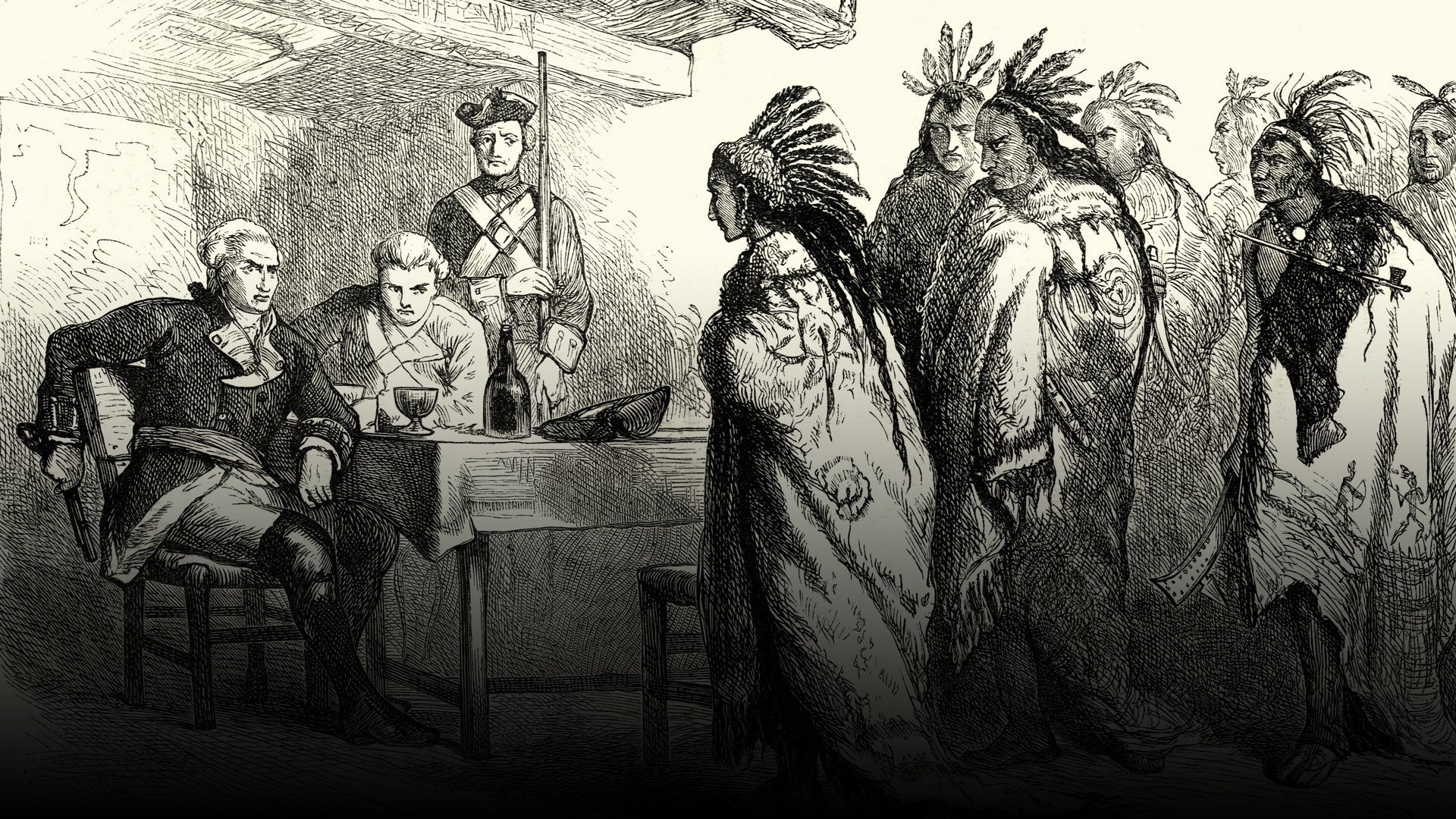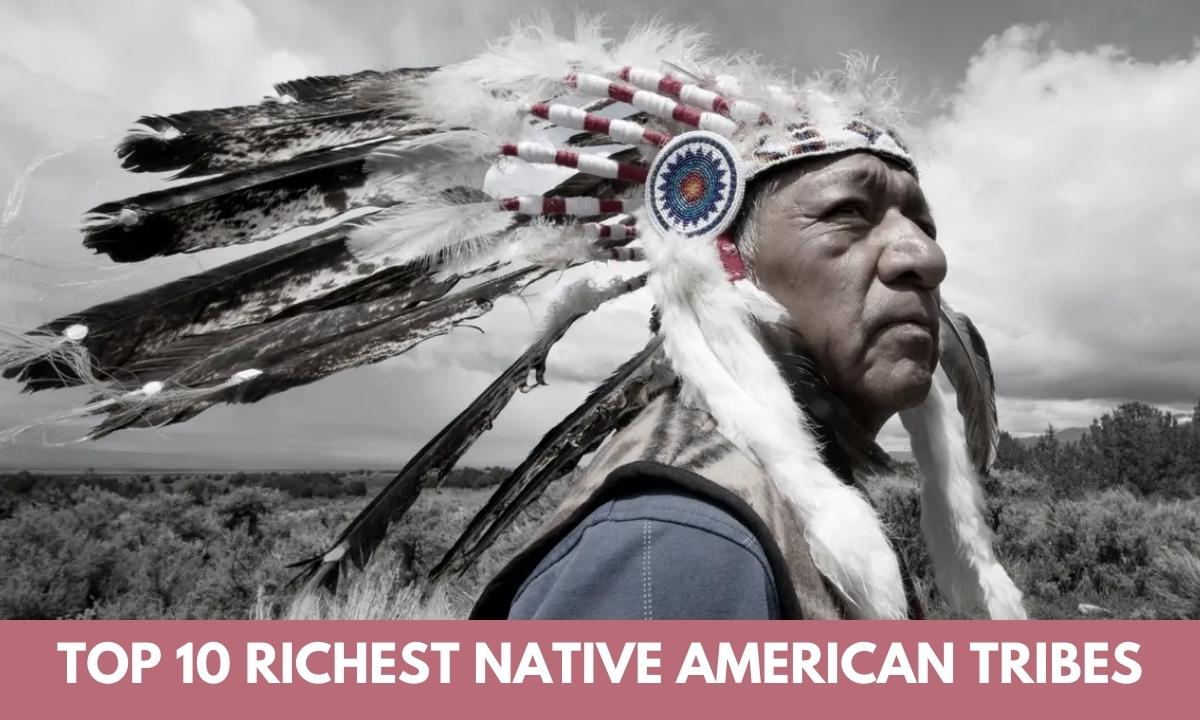The Richest Native American Tribes: A Look at Wealth and Sovereignty
The Richest Native American Tribes: A Look at Wealth and Sovereignty
The history of Native Americans in the United States is marked by centuries of hardship, dispossession, and systemic oppression. However, despite these challenges, many tribes have managed to build thriving economies and maintain their cultural identities. Today, several Native American tribes boast significant wealth, accumulated through various avenues including gaming, resource management, and land ownership.
This article explores the wealth of some of the richest Native American tribes in the United States, examining the factors contributing to their financial success and the impact of their wealth on their communities.
Related Articles: The Richest Native American Tribes: A Look at Wealth and Sovereignty
- The Mystery Of Blue Eyes In India: Unraveling The Genetics And History
- Unveiling The Meaning Behind Wampanoag Names: A Journey Through History And Culture
- Unveiling The Wealth Of Indigenous Cultures: Top 10 Richest Tribes In The World
- The Wealthy Tapestry: Exploring The Richest Native American Tribes In The United States
- The Seminole Tribe: A Legacy Of Resilience And Financial Success
Understanding Tribal Wealth: A Complex Landscape
Before diving into specific tribes, it’s crucial to understand that "wealth" in the context of Native American tribes is multifaceted and not always easily quantifiable. Factors beyond financial resources play a significant role, including:
- Sovereignty: Tribes hold a unique legal status as sovereign nations, granting them self-governance and the right to manage their own affairs. This sovereignty allows tribes to develop their own economic policies, govern their lands, and control their resources.
- Cultural Preservation: Wealth for many tribes is intricately linked to preserving their traditions, languages, and cultural heritage. Investments in education, language revitalization programs, and cultural centers are often prioritized.
- Community Development: Many tribes use their wealth to improve the quality of life for their members, investing in healthcare, housing, education, and infrastructure projects.
- Economic Diversification: Tribes are increasingly diversifying their economies beyond traditional sources of revenue like gaming. They are pursuing ventures in areas like renewable energy, technology, and agriculture.

The Top 10 Richest Native American Tribes
While exact figures for tribal wealth are often kept private, several tribes are widely recognized for their significant financial resources. Here are ten tribes known for their economic success:
-
The Cherokee Nation (Oklahoma): The Cherokee Nation is the largest tribe in the United States, with a population exceeding 400,000. They own and operate a vast network of businesses, including Cherokee Nation Businesses, a holding company with interests in gaming, hospitality, technology, and energy. The tribe also manages significant land holdings and natural resources, contributing to their financial success.

-
The Seminole Tribe of Florida: The Seminole Tribe of Florida is renowned for its successful gaming operations, particularly the Hard Rock International chain of casinos. The tribe also owns substantial land and manages various businesses, including hotels, resorts, and agricultural ventures.

The Navajo Nation (Arizona, New Mexico, Utah): The Navajo Nation is the largest Native American reservation in the United States, encompassing over 27,000 square miles. The tribe has a diversified economy, with revenue generated from mining, energy, tourism, and agriculture. The Navajo Nation also manages significant natural resources, including coal, uranium, and oil.
-
The Mashantucket Pequot Tribe (Connecticut): The Mashantucket Pequot Tribe is known for its highly successful Foxwoods Resort Casino, one of the largest casinos in the world. The tribe also manages various businesses, including a hotel, a golf course, and a shopping mall.
-
The Mohegan Tribe (Connecticut): Similar to the Mashantucket Pequot Tribe, the Mohegan Tribe has achieved economic success through its gaming operations, particularly the Mohegan Sun Casino. The tribe also owns and operates various businesses, including a hotel, a spa, and a golf course.
-
The Potawatomi Nation (Wisconsin): The Potawatomi Nation owns and operates the Four Winds Casino Resort, a major gaming destination in Michigan. The tribe also manages significant land holdings and various businesses, including a hotel, a golf course, and a retail center.
-
The Chickasaw Nation (Oklahoma): The Chickasaw Nation has a diversified economy, with revenue generated from gaming, healthcare, technology, and energy. The tribe owns and operates a vast network of businesses, including the Chickasaw Nation Industries, a holding company with interests in various sectors.
-
The Choctaw Nation (Oklahoma): The Choctaw Nation has a significant presence in the gaming industry, with casinos located in Oklahoma and Mississippi. The tribe also owns and operates various businesses, including a healthcare system, a utility company, and a technology company.
-
The Citizen Potawatomi Nation (Oklahoma): The Citizen Potawatomi Nation has a diversified economy, with revenue generated from gaming, healthcare, energy, and agriculture. The tribe owns and operates a vast network of businesses, including the FireLake Casino & Hotel, a major gaming destination in Oklahoma.
-
The Osage Nation (Oklahoma): The Osage Nation is renowned for its rich oil and gas reserves, which have generated significant revenue for the tribe. The Osage Nation also manages various businesses, including a healthcare system, a utility company, and a technology company.
The Impact of Wealth on Native American Communities
The wealth generated by these tribes has a profound impact on their communities. It allows them to invest in:
- Healthcare: Improved access to quality healthcare is a priority for many tribes. They invest in hospitals, clinics, and health programs to address the specific health needs of their communities.
- Education: Tribes are committed to providing their members with educational opportunities. They invest in schools, colleges, and scholarship programs to ensure access to quality education.
- Economic Development: Tribal wealth is used to create jobs and stimulate economic growth within their communities. They invest in businesses, infrastructure projects, and job training programs.
- Cultural Preservation: Tribes prioritize preserving their cultural heritage. They invest in museums, cultural centers, language revitalization programs, and other initiatives to ensure the survival of their traditions.
Challenges and Opportunities
Despite their economic success, Native American tribes still face significant challenges, including:
- Poverty: Despite the wealth of some tribes, poverty remains a persistent issue in many Native American communities. Economic disparities exist within tribes, with some members struggling to access basic necessities.
- Lack of Infrastructure: Many reservations lack adequate infrastructure, including roads, housing, and utilities. This can hinder economic development and limit access to essential services.
- Sovereignty Issues: The federal government’s recognition of tribal sovereignty is not always consistent, and there are ongoing legal battles over tribal rights and resources.
- Environmental Concerns: Native American tribes are often located in areas with significant natural resources, which can be subject to environmental degradation.
Despite these challenges, Native American tribes are finding innovative ways to leverage their wealth and sovereignty to address these issues. They are pursuing partnerships with private businesses, investing in renewable energy projects, and advocating for policies that promote economic development and environmental protection.
Looking Ahead: A Path Towards Self-Determination
The success of the richest Native American tribes demonstrates the resilience and determination of these communities. Their wealth is not just about financial resources; it represents a powerful symbol of self-determination and the ability to shape their own destinies. As these tribes continue to build their economies and invest in their communities, they are paving the way for a brighter future for all Native Americans.
FAQ: List of Richest Native American Tribes
Q: How do Native American tribes make money?
A: Native American tribes generate revenue through various sources, including:
- Gaming: Casinos are a major source of income for many tribes.
- Resource Management: Tribes manage and profit from natural resources like oil, gas, timber, and minerals.
- Land Ownership: Tribal lands can be leased for commercial or industrial use, generating revenue.
- Tourism: Tribes operate hotels, resorts, and other tourism-related businesses.
- Government Contracts: Some tribes receive government funding for programs and services.
Q: Are all Native American tribes wealthy?
A: No, not all Native American tribes are wealthy. Economic disparities exist within the Native American population, with some tribes struggling with poverty and limited resources.
Q: What is the significance of tribal sovereignty in terms of wealth?
A: Tribal sovereignty allows tribes to manage their own affairs, including their economic development. It grants them the right to control their resources, develop their own laws, and pursue economic opportunities. This autonomy is crucial for tribal wealth creation.
Q: How do Native American tribes use their wealth to benefit their communities?
A: Tribes use their wealth to invest in:
- Healthcare: Hospitals, clinics, and health programs.
- Education: Schools, colleges, and scholarship programs.
- Economic Development: Businesses, infrastructure projects, and job training programs.
- Cultural Preservation: Museums, cultural centers, language revitalization programs.
Q: What are some of the challenges faced by Native American tribes?
A: Challenges include:
- Poverty: Economic disparities within tribes.
- Lack of Infrastructure: Limited access to roads, housing, and utilities.
- Sovereignty Issues: Legal battles over tribal rights and resources.
- Environmental Concerns: Environmental degradation in areas with natural resources.
Q: What is the future of Native American tribes in terms of wealth and self-determination?
A: The future looks promising for many tribes, with continued economic growth and investments in their communities. They are using their wealth to address challenges, preserve their cultural heritage, and pursue self-determination. However, continued advocacy and support are needed to ensure their rights and resources are protected.

Closure
Thus, we hope this article has provided valuable insights into The Richest Native American Tribes: A Look at Wealth and Sovereignty. We hope you find this article informative and beneficial. See you in our next article!


